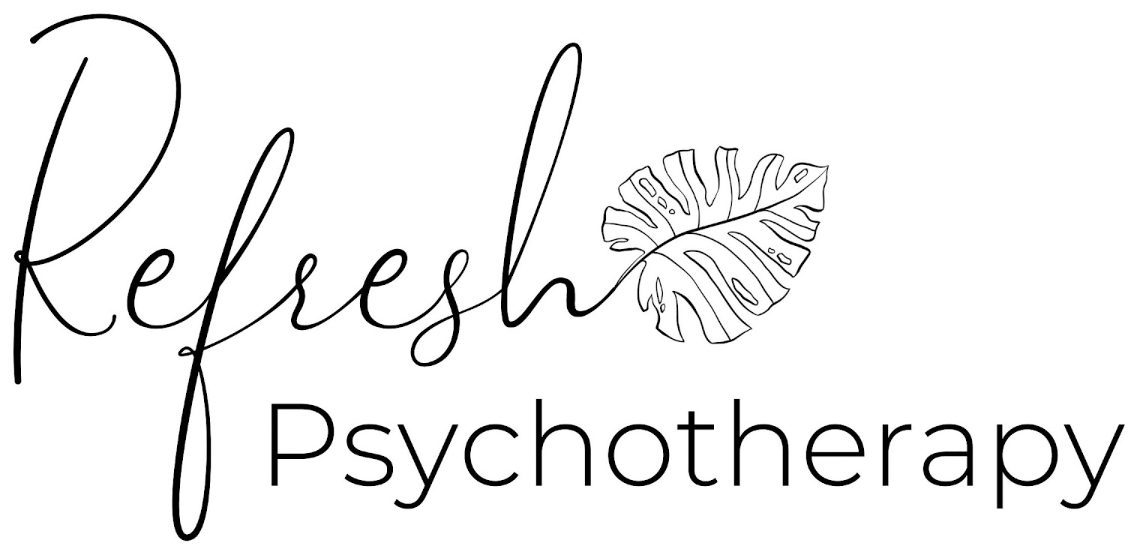
Refresh’s Celebration of Mental Health Awareness Month
Each of us experiences mental health in a different way. For some, it is a constant struggle to balance. For others, it is an afterthought. It is hard to put ourselves in the shoes of those around us; even those we love. Mental Health Awareness month can be about so much more than recognizing the signs of illness or discussing stigmas. That work is important, but there is more. It can be a time to celebrate the hard work of taking care of your mental health, or supporting others in their efforts. To be aware of mental health is not just to be aware of its dangers and downsides. It is also to shed light on the powers of thinking differently, or to celebrate human strength and resilience.
The world around us is changing fast. Between a global pandemic, political dividedness, extreme weather, and all the rest, no one has been left unaffected by the last few years. The list of global traumas keeps building, and it would be easy for each of us to crumble under the weight of it all. Yet, here you are, reading a mental health blog. Or maybe you are searching for a therapist at Refresh. Maybe you are unsure of what you are looking for but found yourself here. No matter the reason, you’ve taken an active step in promoting mental health awareness, whether for yourself or others.
As therapists, we at Refresh have dedicated our time, education, and focus towards the study and practice of mental health. We recognize that asking for help is not easy, and feel privileged to do the work we do. May is Mental Health Awareness Month, so we want to spend the time celebrating and applauding those of you who reach out for help, information, and support. Whether it is signing up for a therapeutic group, one-on-one sessions, or coming to the website to seek information about mental health, you are making a difference.
